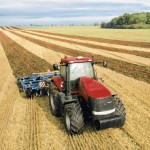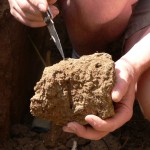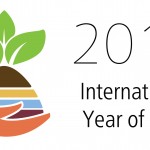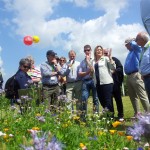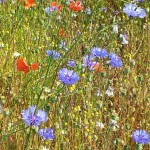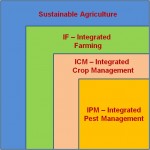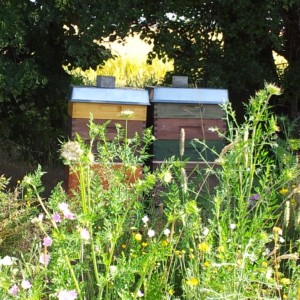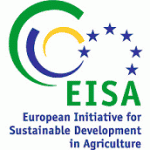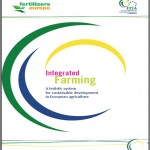Integrated Farming Topic Sheet no 6 / 2015
Integrated Farming (IF) is about continuous development, thus allowing farmers to permanently improving the efficiency and value of all managed resources. It is about attention to detail and adopting innovative practices to deliver sustainable agriculture. And this is exactly where Precision Agriculture comes into play. Ever since the first GPS devices and N-sensors were available for arable … Read more
(Photo: © Case IH)

